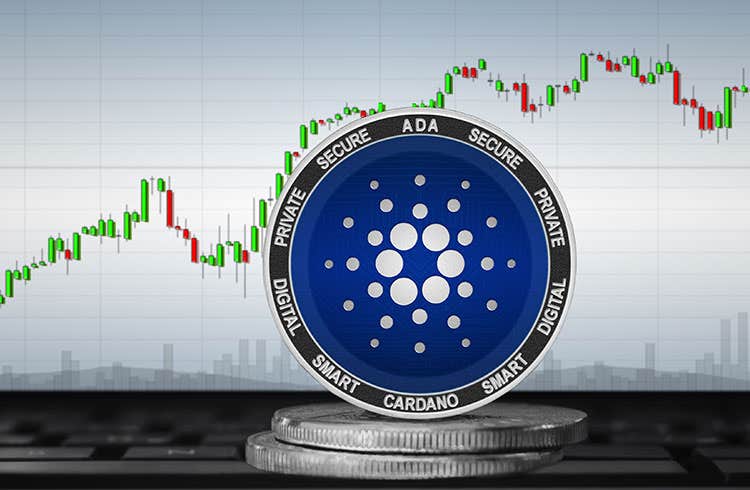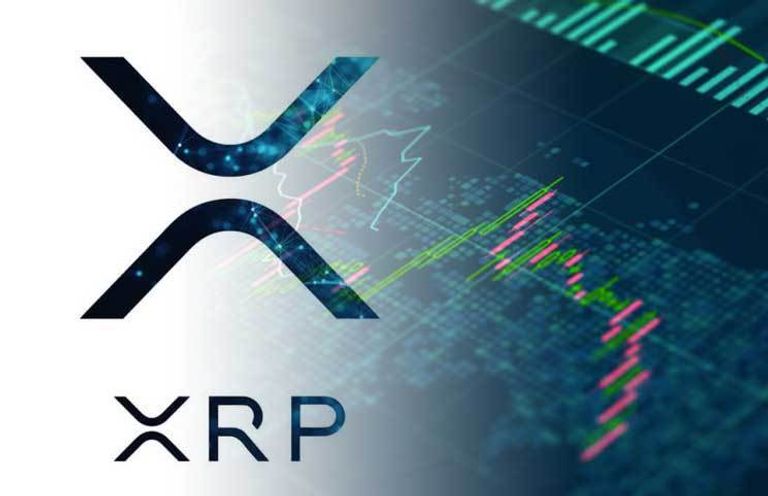Bitcoin reserves on exchanges at their lowest level in 7 years: What does this mean for the Bitcoin price?
While the Bitcoin (BTC) price has shown little spectacular activity in recent days, there is a striking development in the background. Reserves on crypto exchanges have fallen to their lowest level in seven years, according to data from blockchain analysis platform CryptoQuant. With only 2.35 million BTC left in exchange reserves, this raises important questions about what this means for the future of BTC.
Why are Bitcoin reserves falling?
The outflow of Bitcoin from exchanges appears to be linked to growing interest from institutional investors. André Dragosch, head of research at asset management firm Bitwise, explains that hedge funds have significantly increased their BTC and crypto exposure.
In general, a decrease in BTC reserves on exchanges is seen as a positive signal. Large institutions tend to make well-considered decisions and often hold the BTC they buy for the long term. This reduces the available supply on exchanges, which can lead to a “supply shock.” If demand for Bitcoin increases while supply decreases, this can result in explosive price increases.
In December 2024, US Bitcoin spot exchange-traded funds (ETFs) bought almost three times as many BTC as miners produced during that period. This had a direct impact on the price, which subsequently recorded strong growth.
Short term: pressure from macroeconomic factors
Although the long-term outlook looks positive, BTC is under pressure in the short term. The price recently fell below $92,000, partly due to adjustments in interest rate expectations by major investment banks such as Goldman Sachs and Bank of America (BofA).
These changes followed a stronger than expected jobs report. The US labor market recorded growth of 256,000 new jobs in December, well above the 160,000 jobs expected. This indicates a robust economy and increases the likelihood that the Federal Reserve (Fed) will maintain a restrictive monetary policy for longer. Higher interest rate expectations put pressure on risky assets like BTC, keeping the price under pressure in the short term.
What does this mean for investors?
The decline in BTC reserves on exchanges indicates growing confidence among large investors. In the long term, this could lead to a Bitcoin shortage in the market, which could significantly increase its price.
However, caution is advised for the short-term development. Macroeconomic factors such as interest rate expectations and the strong US labor market could continue to influence the crypto market. Analysts advise investors to remain patient in the coming months and focus on long-term strategies.
- Fidelity: 2025 will be the year of global Bitcoin adoption - January 14, 2025
- Ethereum: Inflation continues, but bulls continue to target $20,000 - January 14, 2025
- Bitcoin reserves on exchanges at their lowest level in 7 years: What does this mean for the Bitcoin price? - January 14, 2025
























